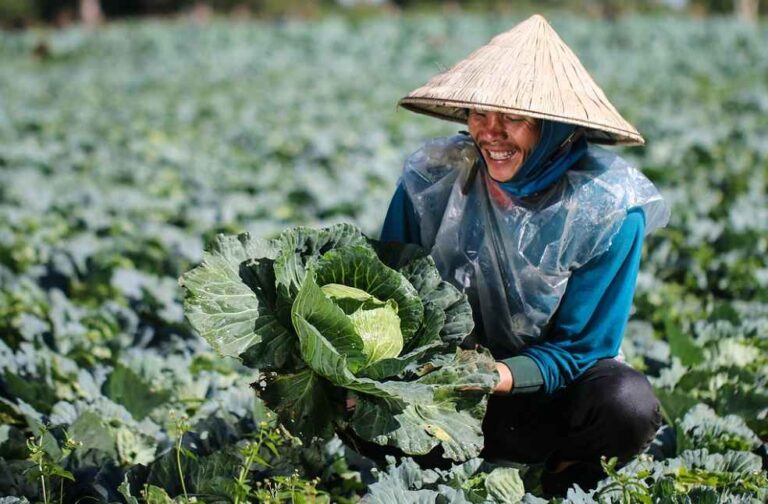Global agricultural trade now faces increasing hurdles as nations intensify their use of protectionist tactics to control domestic supplies and prices. Recent actions such as Turkey’s wheat import ban and India’s non-basmati rice export restrictions reflect this shift.
Coupled with tariffs and stricter sanitary regulations, these moves mark a trend away from multilateral agreements toward a patchwork of bilateral and regional policies. The August 2024 report by World Grain captures this evolving landscape.
Stephen Nicholson, Executive Vice President at Rabo Bank, offers a perspective drawn from decades of experience: “I don’t remember quite this serious of a protectionist phase in my career. It just complicates trade, and it hurts some countries, and it benefits others. You get winners and losers rather than more winners.”
A convergence of factors contributes to these developments. Impact of COVID-19 supply chain disruptions linger, inflationary pressures mount, geopolitical tensions simmer, and political uncertainties arise, especially in countries undergoing major electoral changes.

Nicholson further highlights the risks: “In agriculture, that’s all fine and good until something goes wrong, like a supply shock. Then you have a lot more volatile price fluctuations, and that’s on top of the fact that you’re raising prices because it’s a more costly supply chain.”
Tanner Ehmke, Lead Economist for Grains and Oilseeds at CoBank, observes a fundamental shift in supply chain strategies. The global mindset has transitioned from ‘just-in-time’ to ‘just-in-case.’ This shift encourages both governments and individuals to build and maintain larger inventories.
India’s policy decisions are under the spotlight. The country recently halted exports of non-basmati white rice and imposed a 20% duty on parboiled rice exports. Current deliberations involve potentially lifting the 40% import tax on wheat to replenish state reserves, capitalizing on favorable global wheat prices. Yet, weather challenges and persistent food inflation suggest that export restrictions will likely remain in place.
Geopolitical events exert significant influence. Russia’s 2022 invasion of Ukraine triggered a chain reaction, with the EU imposing restrictions on Ukrainian grain. This led to oversupply in Eastern European markets, driving down local prices and impacting farmers. Turkey’s protective stance seeks to shield its farmers from the effects of Russia’s abundant wheat crops, rerouting supply chains at higher costs.

Ehmke draws attention to the ripple effects of India’s rice export ban. Prices surged over 20%, leaving African nations, heavily reliant on Indian rice, scrambling. Madagascar’s rice imports plummeted by 44% in 2023, while Kenya’s dropped to zero, down from 817,000 tonnes, previously sourced largely from India.
Nicholson warns of long-term consequences. Protectionist policies may provide short-term relief but risk creating deeper issues over time. He added that, an overprotected domestic sector may eventually reveal itself as neither cost-effective nor reliable, propped up by temporary government measures.
Historical parallels emerge. The United States, after agricultural embargoes in the 1970s, faced a prolonged struggle to restore its reputation as a dependable supplier. A similar scenario unfolded during the US-China trade war from 2018 to 2020. Over four decades, the US share of global agricultural exports has dwindled from 60% to 21%, influenced by competition from nations like Brazil, Russia, and Ukraine, as well as the fallout from tariff battles.
The shift towards protectionism fosters regional trading blocs, diluting the influence of global trade rules. “There’s individual rules across these bilateral or trilateral trade agreements so everyone has different rules. It makes it more complicated, which makes it more costly.” Nicholson concludes.
IMEX SECTOR | Mexico’s Brazilian Chicken Imports Double, Boosted by Inflation Control Policies



